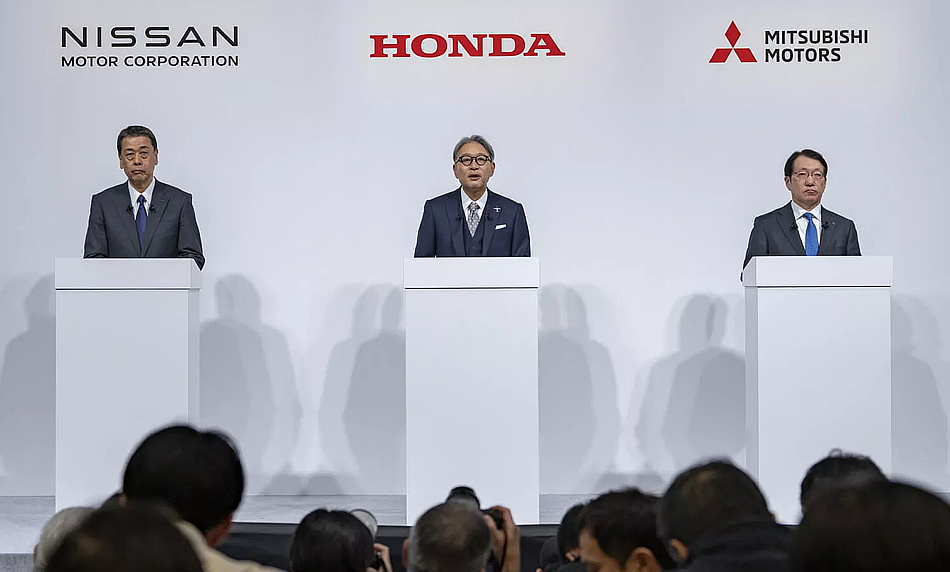By Charles Partos, December 23, 2024
I have always regarded Honda as one of the coolest Japanese brands. They don’t make a fuss; they simply focus on the task at hand and deliver meticulously engineered cars. That’s why the recent confirmation of Honda initiating merger talks with the troubled rival Nissan seems so strange. The main issue lies in Nissan’s entanglement with Renault: Nissan is 15% owned by Renault, and in turn, Nissan holds a 15% voting stake in Renault. This Renault-Nissan partnership has historically facilitated cost-cutting and shared model platforms.
Nissan, however, is in deep financial trouble. Official explanations attribute this to lower-than-expected sales, but I believe there’s a much simpler underlying cause: corporate corruption. Nissan might have fallen victim to internal vulture capitalism, where large loans ostensibly meant for expansion are instead siphoned off to investors as high dividends.
Due Diligence
Honda is currently conducting its due diligence, with the possibility of business integration commencing as early as late January 2025.
While corporate corruption is unproved and speculative at this stage, a company suddenly declaring financial peril is often a red flag for deeper issues than just a sales decline. If a merger with Honda does proceed, what happens to Nissan’s voting stake in Renault? Why isn’t Renault stepping in to bail out Nissan? Moreover, why has Renault remained so conspicuously quiet during these merger discussions? This silence raises further questions and warrants deeper investigation.
According to industry speculation, Honda executives are reportedly against merging with Nissan. The two companies have fundamentally different engineering philosophies, and the Renault connection likely raises concerns about industrial espionage. Much of the media discourse around this merger fixates on the prospect of creating the world’s third-largest automaker by production volume, with a combined output of 8 million vehicles.
But this reasoning doesn’t hold up. If Nissan is losing sales, closing factories, and cutting jobs, it’s highly unlikely that the merger would result in such lofty manufacturing volumes. The more you scrutinize this merger, the more questions emerge. Unconfirmed reports suggest that the Japanese government is driving these merger talks, a covert bailout of Nissan, with Honda as the front to make it appear legitimate.



